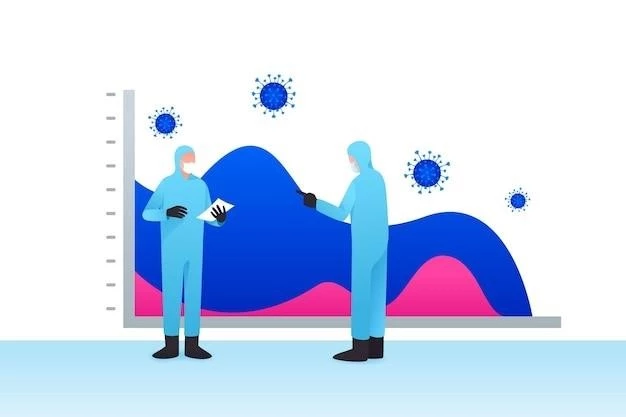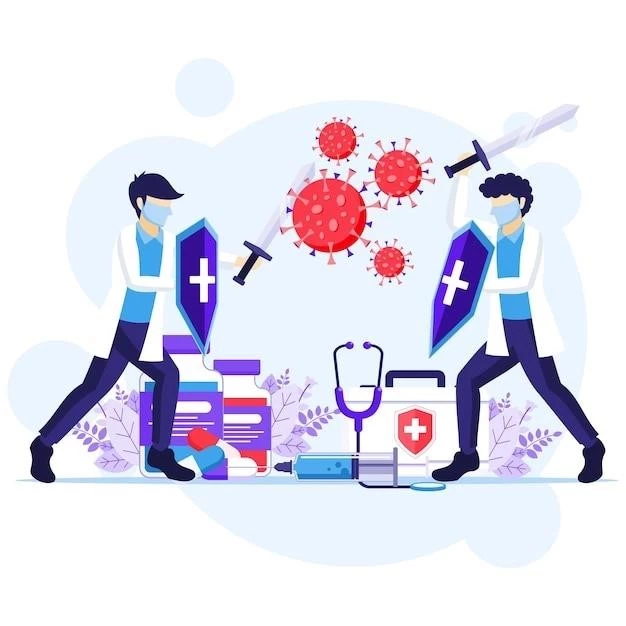Overview of Opportunistic Infections
Opportunistic infections are caused by pathogens taking advantage of weakened immune systems, leading to more severe illnesses in affected individuals.
Definition and Characteristics
Opportunistic infections are diseases that take advantage of weakened immune systems to cause more severe symptoms in individuals. These infections are typically caused by pathogens that exploit the compromised immune response of the host.

Types of Opportunistic Infections
Opportunistic infections are diseases that occur more frequently or with increased severity in individuals with weakened immune systems, leading to a range of bacterial, viral, fungal, and protozoal infections.
Common Pathogens and Diseases
Opportunistic infections are caused by a wide variety of pathogens including bacteria like Mycobacterium avium and Mycobacterium tuberculosis, fungi like Cryptococcus neoformans, viruses like Cytomegalovirus and Herpes simplex, and protozoa like Toxoplasma gondii.
Causes and Risk Factors
Infections that occur more often or are more severe in individuals with weakened immune systems, making them prone to a variety of pathogenic organisms.
Immune System Impairment
Opportunistic infections thrive in individuals with weakened immune systems, allowing pathogens to cause severe diseases that might not affect those with healthy immune responses. Impaired immune function increases susceptibility to a wide range of opportunistic pathogens.
Prevention and Management
Preventing opportunistic infections involves strategies such as maintaining good hygiene, timely vaccinations, adherence to prescribed medications, and early detection of any signs of infection to manage these conditions effectively.
Strategies to Reduce Risk
Reducing the risk of opportunistic infections involves maintaining a healthy lifestyle, proper nutrition, regular exercise, avoiding exposure to potential pathogens, practicing safe sex, and following recommended vaccination schedules to boost immunity.
Impact on Specific Populations
Opportunistic infections have a more severe impact on individuals with weakened immune systems, making them vulnerable to a variety of bacterial, viral, fungal, and protozoal infections.
HIV/AIDS Patients
Individuals with HIV/AIDS are particularly susceptible to opportunistic infections due to their weakened immune systems, making them more prone to severe and recurrent bacterial, viral, fungal, and protozoal infections.

Recent Research and Developments
In clinical trial findings recently presented at a conference, researchers highlighted how certain infections can persist and impact patient health even after the acute phase of the illness. Early detection of symptoms remains crucial.
Clinical Trials and Findings
In recent clinical trial findings, researchers emphasized the persistence of certain infections in individuals, highlighting the importance of early detection and effective management to ensure optimal patient outcomes.
